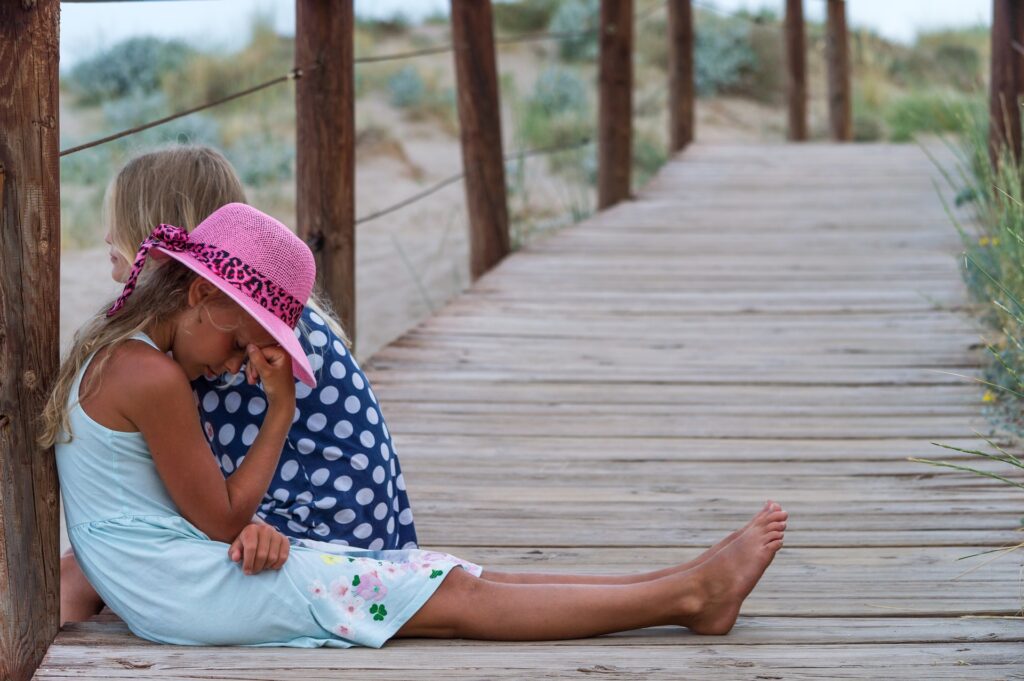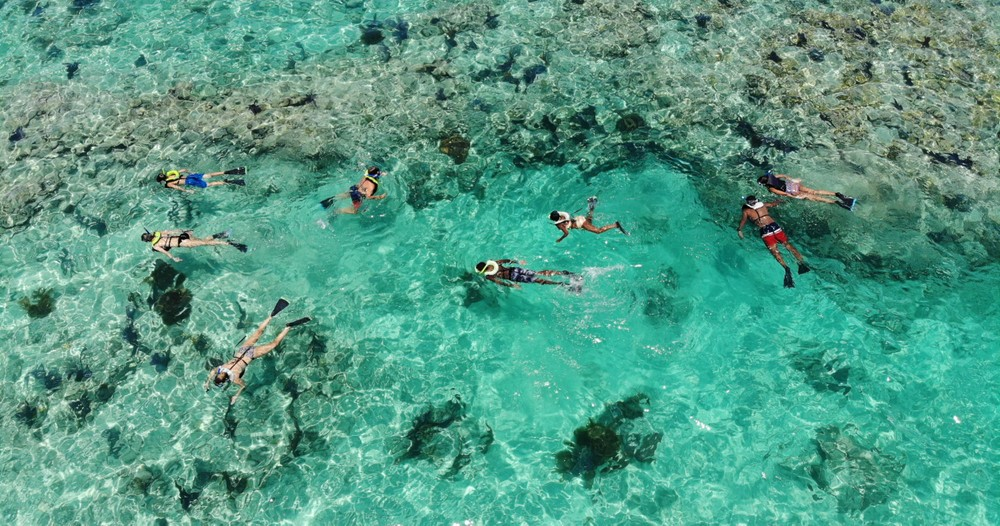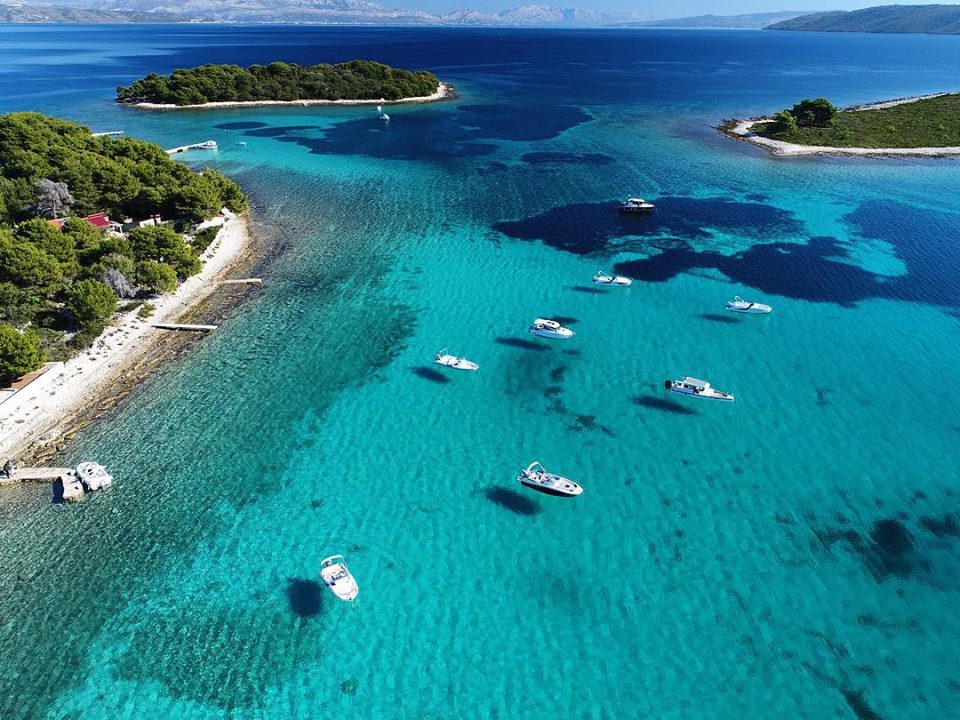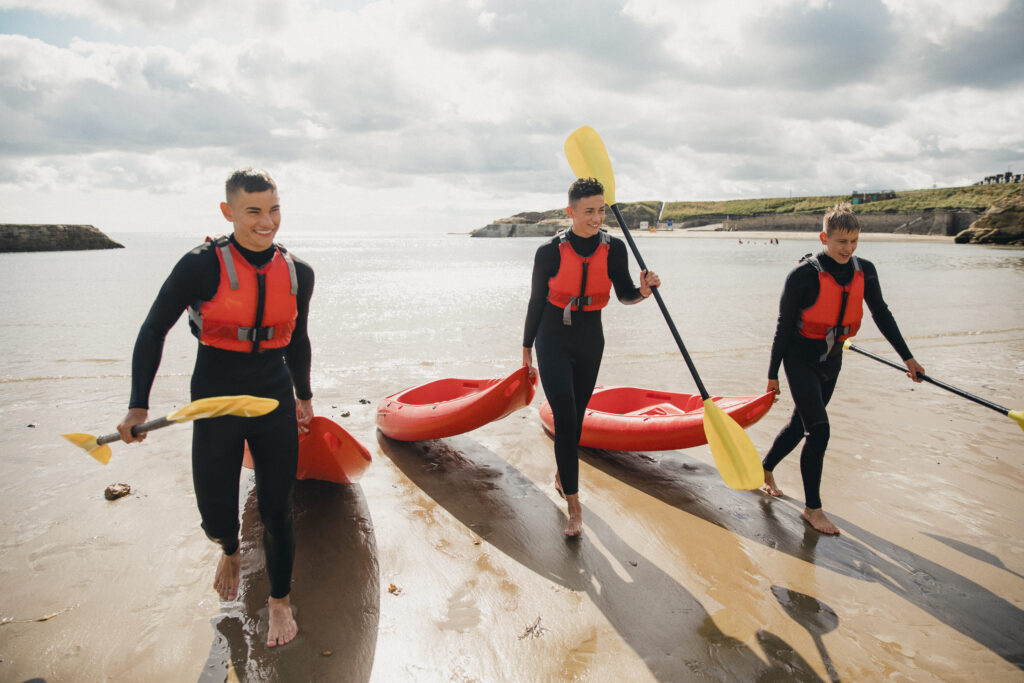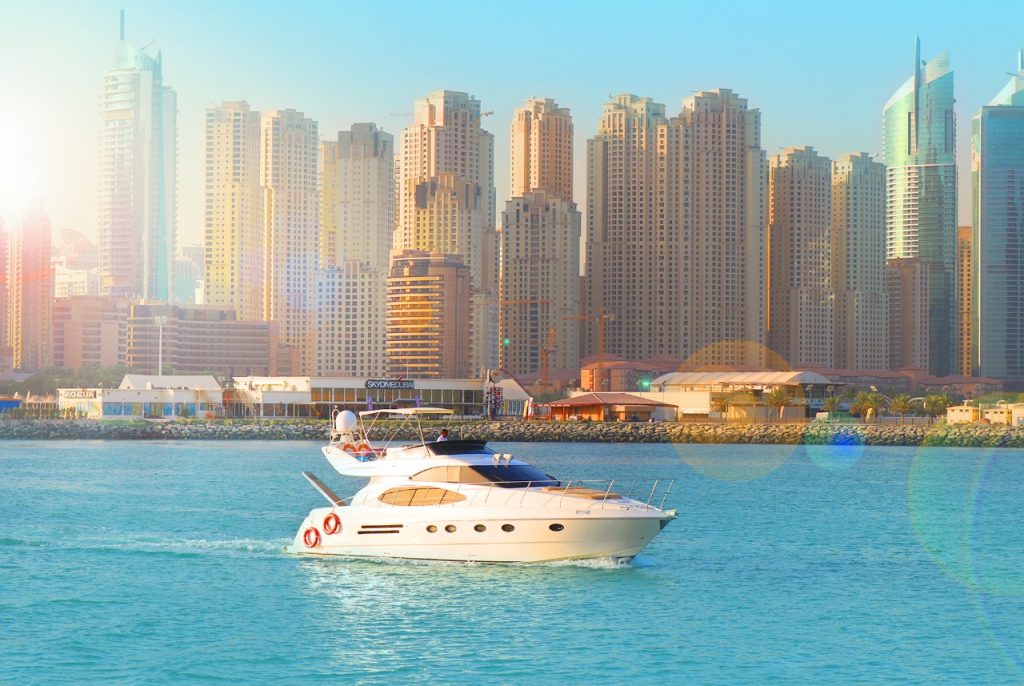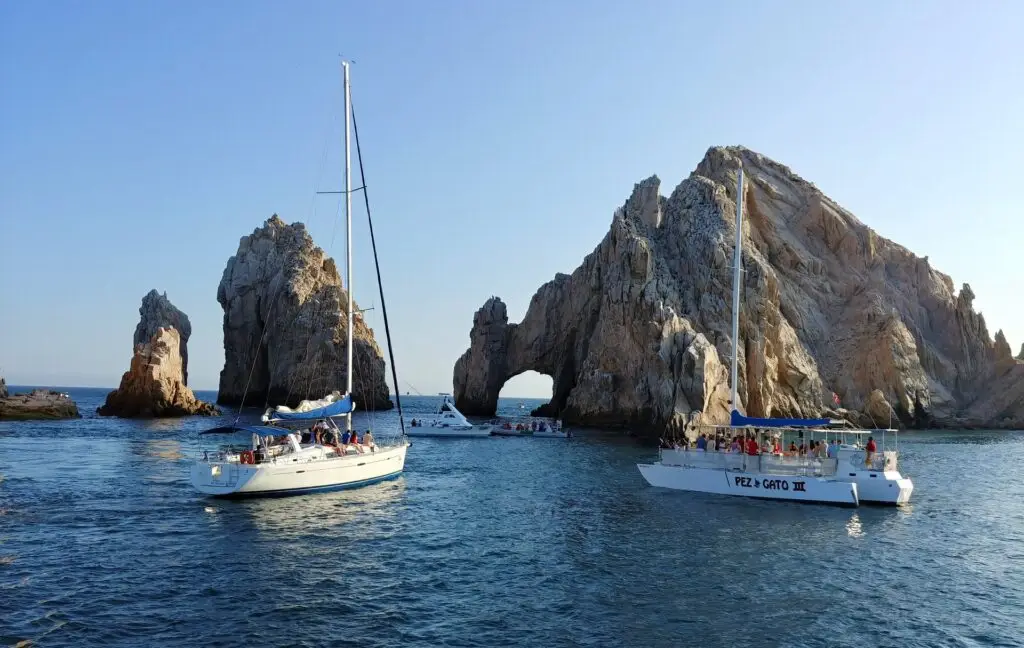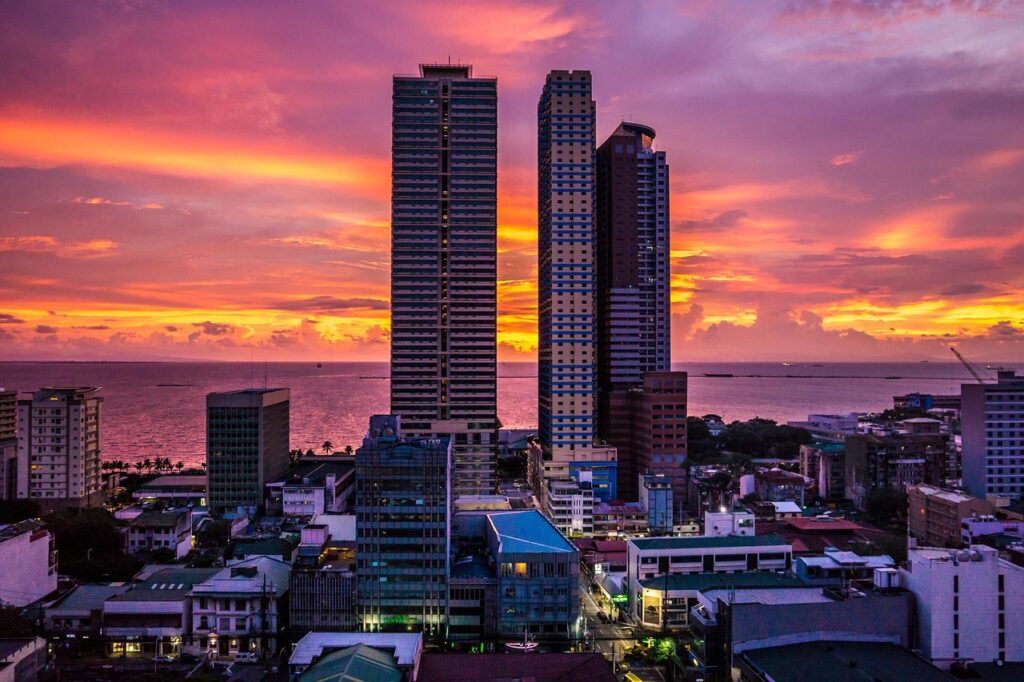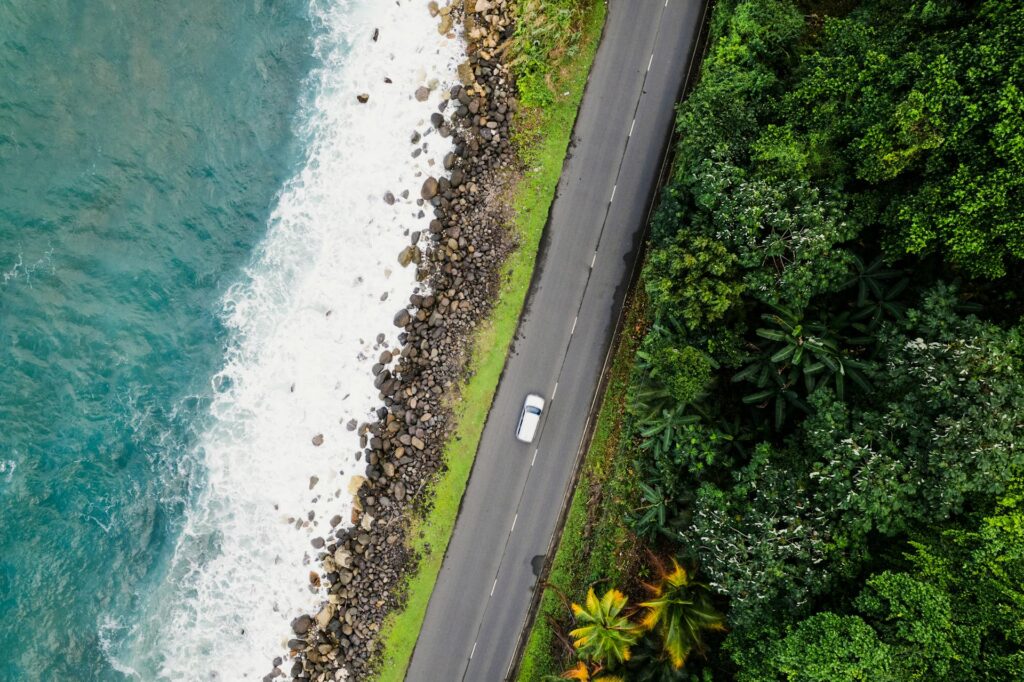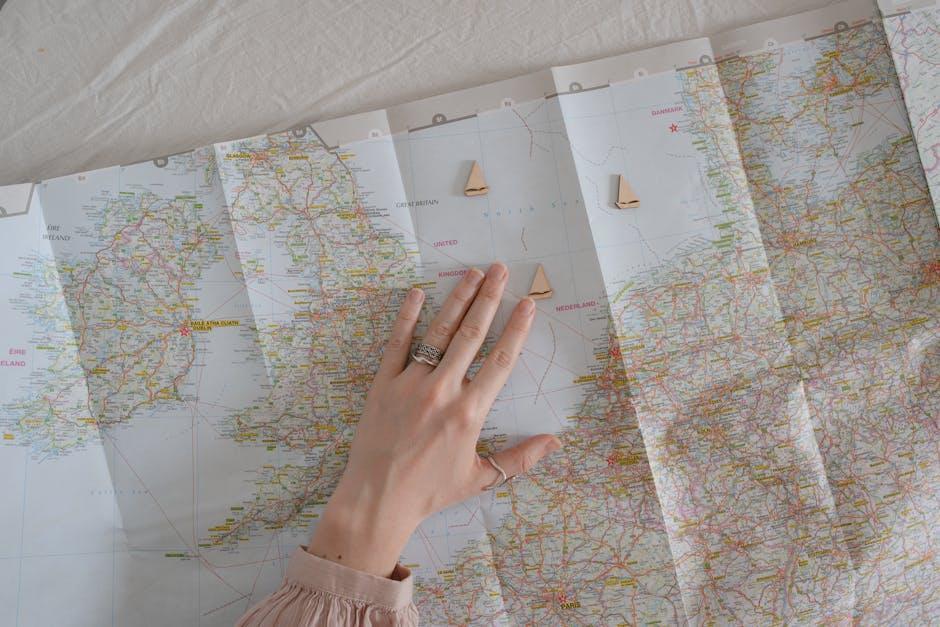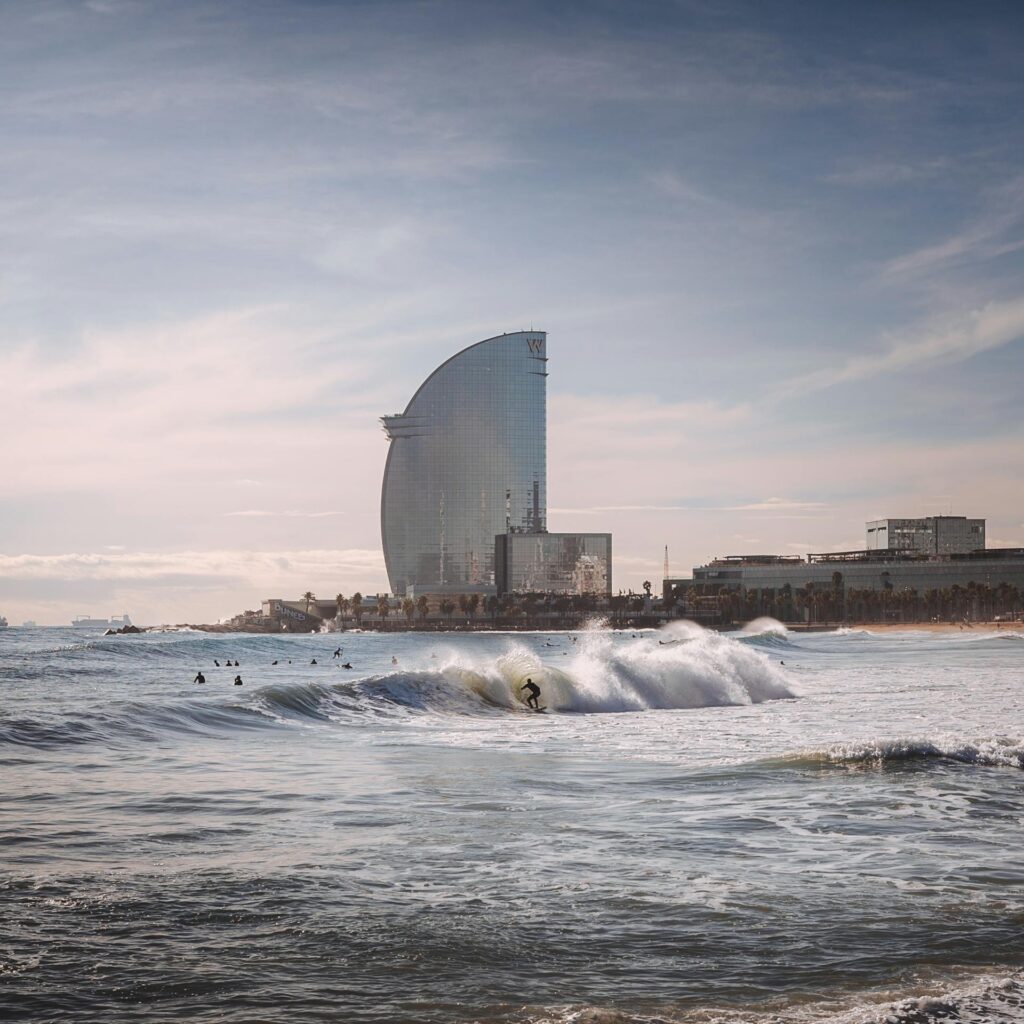When you go on an amazing boating trip through the gorgeous islands of Greece, Spain, or any other amazing destination, the last thing you want to think about is getting sick or injured. There is so much beauty to behold and so many great experiences to enjoy that you just want to think about the good times, but not preparing for the unexpected and failing to become educated on how to handle a potential medical emergency could be a major issue.
The sea offers many experiences that you cannot find on land, but they are not all positive. Sickness and nausea can happen quickly, and on top of that, it is not as easy to get to the hospital when you are surrounded by water. To help you out, we have some tips and guidance for how you can be prepared before your next excursion at sea.
Preparation Is Key
The best way that you can react quickly and help someone who becomes injured is to be prepared before you even step foot on the boat. For starters, you need to pack the necessities for safe travel, which includes emergency water bottles, life jackets, rope, and a comprehensive first aid kit. This kit should have all the basics, including gauze, ointments, gloves, bandages, and compress dressings, along with medications required by any of the passengers.
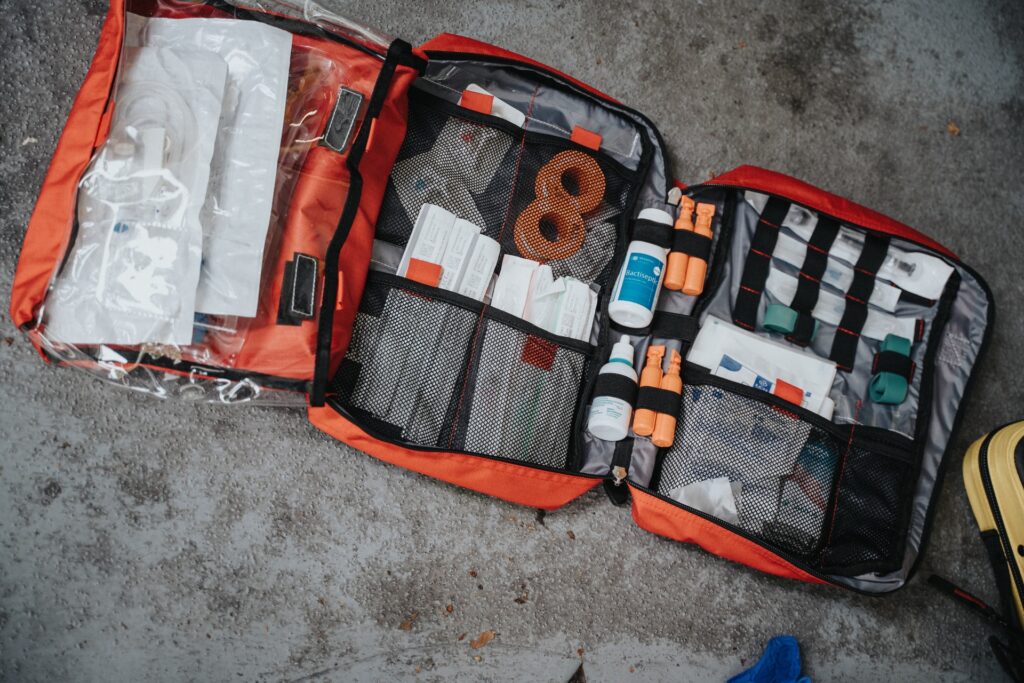
While it is important to have the necessary medical gear on board, tourists should also make sure that they are maintaining a healthy lifestyle in the days before their trip, so they can reduce the chances of becoming sick or injured. That means practicing healthy eating by consuming foods that calm your stomach or give you natural energy, such as fruit, vegetables, and whole grains like brown rice and oatmeal.
You must prepare for the possibility that a medical emergency could happen at sea because if a situation does occur, you want to be in the right mental mind frame, so you are not caught completely off guard when you need to be clear-headed. While it is okay to be scared in difficult situations, you don’t want to panic. If you believe you are prone to panic, then you should work on your mental health by limiting substance abuse, surrounding yourself with positive people, and practicing relaxing activities like yoga or meditation to put you at ease.
Decide the Type of Care You Need
Once you are on the boat, you cannot predict what type of emergency will occur, but you can take the right measures to put the injured person at ease. In many cases, a medical emergency can be handled temporarily while you are on the boat so you don’t have to return immediately to shore. For instance, if someone sustains a bruise or sprain, you can apply ice and then use a bandage to immobilize the limb. Or if someone gets something in their eye, you can cover it with a patch until you return to safety.
If you are miles away from shore when the emergency occurs, you can contact a doctor while you are on your way back by utilizing a telehealth program. Telehealth has grown by leaps and bounds over the years and now you can contact a doctor with your cell phone or tablet. If you need help treating a wound while heading back to shore, consider calling a doctor for advice. You may even want to download a telehealth program from your app store before you leave for your trip so you are prepared.
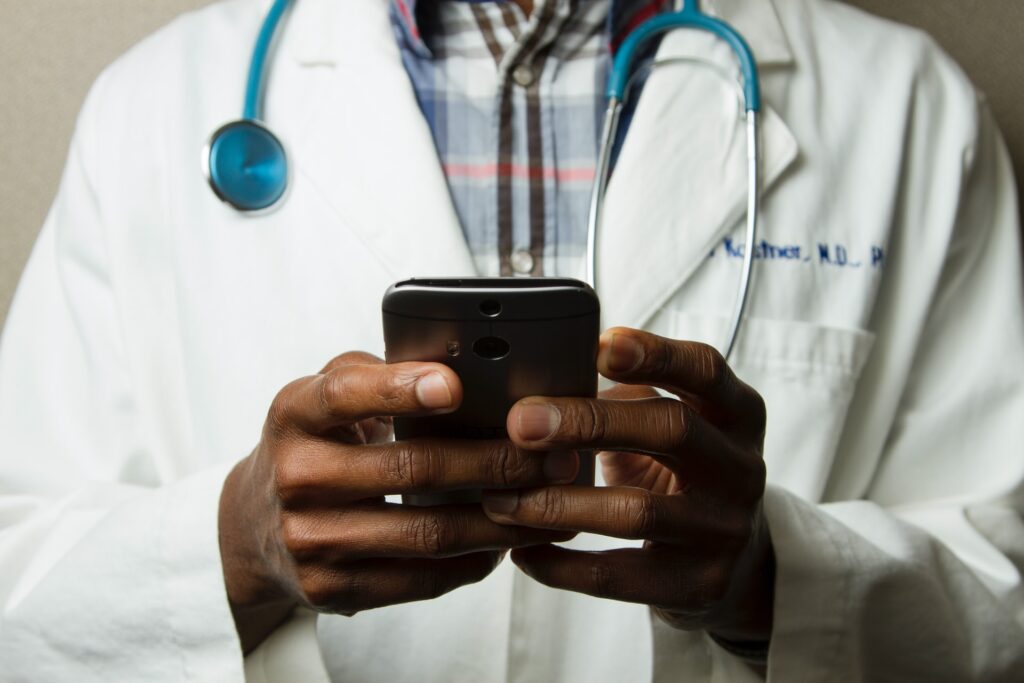
For the most extreme medical issues, including heart issues, wounds with impaled objects, and severe burns, issues not even urgent care can treat, you will want to get to land as soon as possible, and you may even want to contact the Coast Guard while you do. For some injuries, you simply cannot delay. As a basic rule, think about if the injury happened on land. Would you be able to wait around for a doctor visit or an urgent care facility or would you need to rush to a hospital for immediate assistance? It’s the same idea on a boat. If there isn’t a doctor on board, get to one as quickly as possible.
Norovirus
While physical injuries can happen, it is more likely that a medical emergency at sea will include some sort of sickness. While COVID-19 has become less of a threat, other conditions like norovirus and seasickness will always be around, so you need to prepare if you become seriously ill. While seasickness typically often involves some nausea and a headache, norovirus is a more serious condition often caused by eating contaminated food or touching unsanitary surfaces.
Symptoms of norovirus include excessive vomiting or diarrhea, and if left untreated, it has resulted in death. If you believe you have norovirus, then you need to drink constant fluids so you don’t get dehydrated, which can lead to more serious complications. It is also advised that you avoid medications designed to stop diarrhea because they could actually make the norovirus worse. If you are drinking water, but you still feel dehydrated, then you need to get to the hospital.
If you don’t have norovirus, but you are experiencing mild seasickness then you need to lay down and stay hydrated.
You can avoid the chances of contracting norovirus by always washing your hands after you touch any surface on the boat, especially after using the toilet or preparing food. Drinking plenty of water before you get sick is important not only to avoid norovirus but also for your general health. Even if you don’t actively exercise, basic health tactics like drinking water, eating less, and getting enough sleep will keep you in good shape.
In the end, none of us want to get sick during our sea adventure, but the possibility does exist. Be prepared for the unexpected, so you will enjoy your time on the open water without worry.
